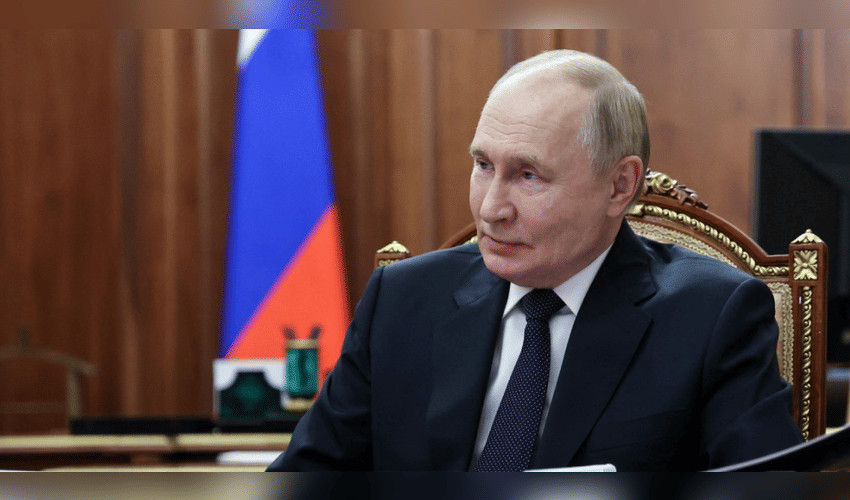World
Putin says officials need to reinforce Russia's national identity in Ukraine.
Published On Wed, 26 Nov 2025
Arjun Vardhan
1 Views

A document signed by President Vladimir Putin states that Russian authorities must boost the number of people who identify as Russian and speak Russian in the Ukrainian territories taken over since the 2022 invasion. The decree, released on Nov 25 and titled Strategy of Russia's National Policy to 2036, outlines plans to ensure that by 2036, at least 95 per cent of the population identifies as Russian. Historically, ties between Russia and Ukraine meant many Ukrainians were sympathetic to Russia and commonly used both languages. However, since the invasion, that sentiment has largely disappeared, and surveys show a sharp decline in Russian language use.
Ukrainian President Volodymyr Zelenskiy said Kyiv was prepared to move forward with a US-backed proposal to end the conflict, Europe’s deadliest since World War Two. But Ukraine fears being pressured into accepting an agreement shaped around Russian demands, including surrendering territory. Putin justified the 2022 invasion by claiming Russia aimed to “demilitarise and denazify” Ukraine and protect Russian-speakers in the east. Within six months, Moscow declared the Donetsk, Luhansk, Kherson and Zaporizhzhia regions as part of Russia, though it does not fully control them.
The new policy, which takes effect in January, claims that securing these eastern areas has created the basis for “restoring the unity of historical Russian territories.” It calls for steps to strengthen Russian civic identity, promote the Russian language, and counter what it describes as attempts by hostile countries to create ethnic or religious divisions. The decree states that success will be measured by reaching a target of at least 95 per cent Russian civic identification by 2036.
Putin has repeatedly questioned Ukraine’s existence as a separate nation. Alongside long-standing opposition to NATO’s expansion, he has framed protecting Russian-speakers and reuniting historically Russian lands as central goals of the “special military operation.” Kyiv denies that Russian-speakers in Ukraine face discrimination. Russia continues to claim that neo-Nazi ideology has spread through Ukrainian society since the 2014 uprising that ousted the pro-Russian president of that time.
Disclaimer: This image is taken from Reuters.



